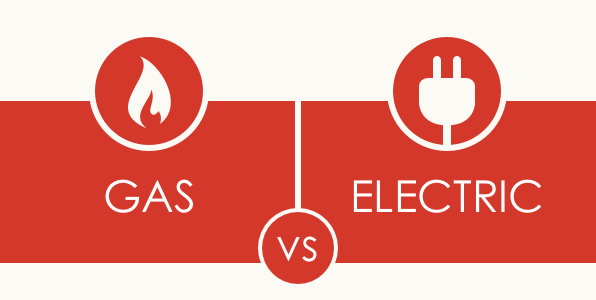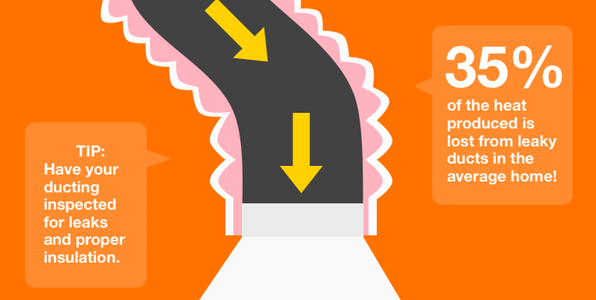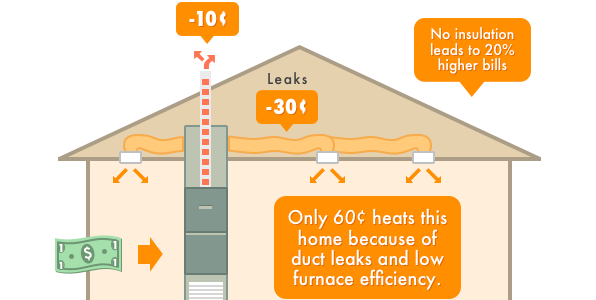Is A Gas Furnace Better Than Electric?
Gas vs Electric, which to choose?
Choosing the right type of furnace for your home can positively impact the flow of the air in your home and the money of you spend on utility bills. If you find yourself in need of a new furnace for your home, deciding between gas and electric is one of the first choices you will make in the buying process.
So which are better—gas furnaces or electric?
A Look at Electric Furnaces
Price
The first thing you may notice about electric furnaces is that they are less expensive upfront. If you have not budgeted to replace your furnace, the lower price of an electric unit will seem attractive. But in most cases, the long-term cost of operating an electric furnace is higher than a gas one.
Safety
Electric furnaces also have the reputation for being safer than gas ones because they do not emit any carbon monoxide. Homeowners do not have to actively check the unit to see if it is operating safely; when something is going wrong with the unit, it is fairly obvious through interrupted service and rarely poses a danger to the people living in the home.
Installation
The installation process is easier with an electric furnace, done quickly by a certified professional without disrupting your household too much. Since the lifespan of most electric furnaces is 20 to 30 years, once it is installed it doesn’t need much. There are certainly some maintenance tasks like changing filters and scheduling regular tune-up appointments with a certified HVAC specialist, but altogether, an electric furnace is not difficult to own, have installed, or maintain.
Efficiency
For homeowners who are environmentally conscious, an electric furnace may not be an ideal choice because it is considered the least efficient way to heat a home. Most electricity is created through the burning of coal, which is a known cause of ozone depletion and other negative effects on human health.
A Look at Gas Furnaces
Price
You will spend more on a gas furnace unit, but lower utility bills will make up for that over the 10 to 20 years you own it. Energy obtained through natural gas is cheaper than electricity. This is a fact that is expected to remain true in the coming decades, with the cost gap likely widening too. Gas furnaces also work more quickly than their electric counterparts and operate with higher efficiency in extreme temperatures.
Safety
Any type of gas-powered appliance relies on combustion to operate, and combustion creates carbon monoxide. Carbon monoxide is an odorless, colorless gas. Exposure to it causes flu-like symptoms, dizziness, and confusion, and prolonged exposure causes death. Even though this is a scary thought, gas-powered appliances are safe when well-maintained and carbon monoxide is carried away from the home properly. Always have your gas furnace maintained 3-4 times per year, including changing filters, checking for leaks, and making sure the unit is in good overall condition. It is also important to keep all items cleared away from the furnace to prevent obstruction and fires. Contact a professional for help.
Installation
Unlike electric furnaces, the installation of gas ones is more complicated and requires the professional eye of a certified HVAC technician.
Efficiency
From an environmental perspective, natural gas furnaces are better for the earth because the fuel needed to create the energy burns much cleaner than the coal used for electricity. Some areas may not have as much access to gas energy, though electric furnaces will work in nearly every home.
The Final Decision
The decision to buy an electric or gas furnace comes down to preference on upfront costs, long-term utility costs, amount of maintenance required, and environmental concerns. You will own your furnace for at least a decade, so really weigh the options before making a purchase.
When you do decide on the unit you want, be sure to purchase it from a reputable HVAC company that will also provide professional installation and maintenance services to increase its lifespan.




